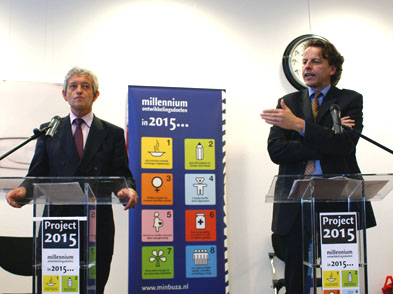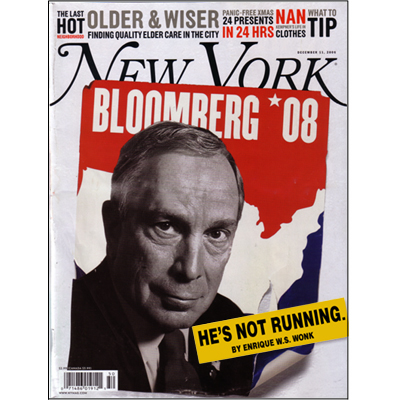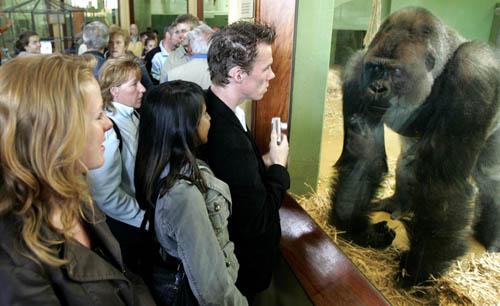By Otto Spijkers
 Today was – and still is – Live Earth day. So what do we personally help to make happen by listening to the Live Earth concerts, on television, internet or live in New York, London, Johannesburg, Rio de Janeiro, Shanghai, Tokyo (on the photo you can see Ayaka perform there), Sydney, and Hamburg? According to the website, Live Earth "will bring together more than 100 music artists and 2 billion people to trigger a global movement to solve the climate crisis." That is the aim: trigger a global movement to solve the climate crisis. The aim is a bit vague, and there does not seem to be a political process linked to Live Earth (as was the case with Live8, see below). The message is addressed directly to us, the 2 billion viewers: if we live more environment-friendly, then our governments may follow. Continue reading
Today was – and still is – Live Earth day. So what do we personally help to make happen by listening to the Live Earth concerts, on television, internet or live in New York, London, Johannesburg, Rio de Janeiro, Shanghai, Tokyo (on the photo you can see Ayaka perform there), Sydney, and Hamburg? According to the website, Live Earth "will bring together more than 100 music artists and 2 billion people to trigger a global movement to solve the climate crisis." That is the aim: trigger a global movement to solve the climate crisis. The aim is a bit vague, and there does not seem to be a political process linked to Live Earth (as was the case with Live8, see below). The message is addressed directly to us, the 2 billion viewers: if we live more environment-friendly, then our governments may follow. Continue reading

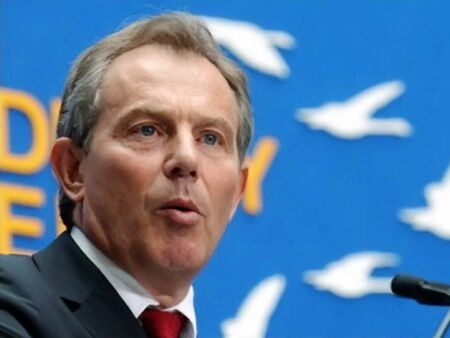
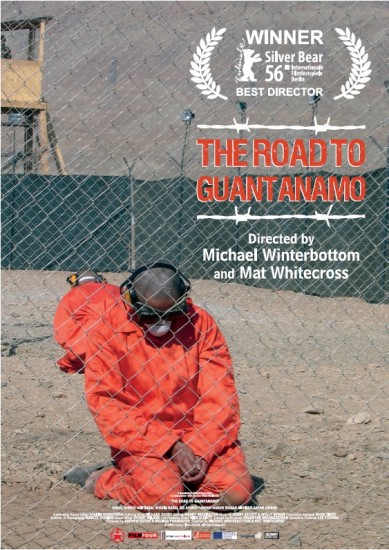

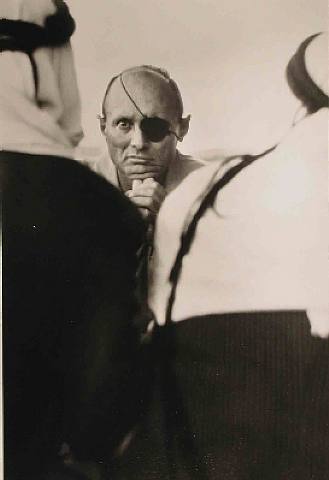

 This month marks the fortieth anniversary of the Six Day War, the Arab-Israeli engagement of 1967 (the third major conflict following those in 1948 and 1956). I thought I would provide an outline of it, then follow-up with some continuing controversies and a discussion of what many observers believe to be its special significance. (For more background, I recommend this
This month marks the fortieth anniversary of the Six Day War, the Arab-Israeli engagement of 1967 (the third major conflict following those in 1948 and 1956). I thought I would provide an outline of it, then follow-up with some continuing controversies and a discussion of what many observers believe to be its special significance. (For more background, I recommend this 